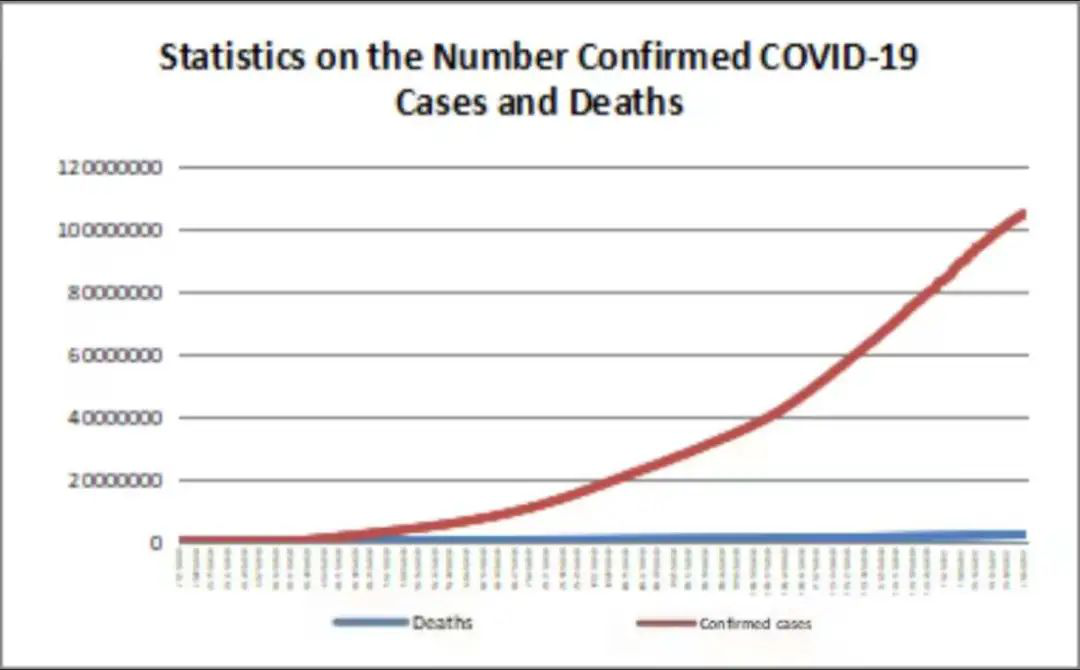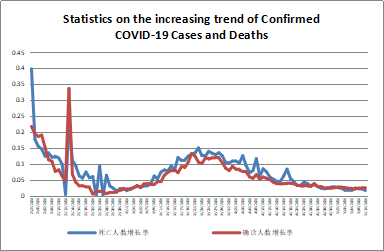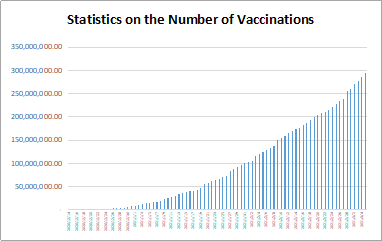WTO Ministerial Conference Concludes Successfully with a Series of Negotiated Outcomes
Time:2022/06/27 BJT
1. Key concerns
On 17 June, 2022, the 12th Ministerial Conference of the World Trade Organization (WTO) concluded successfully in Geneva, Switzerland, bringing to a close a series of negotiations that had lasted six days. The Ministerial Conference achieved a series of outcomes in areas such as fisheries subsidies, the response to the COVID-19 pandemic and the resolution of food security issues, proving the importance of the multilateral trading system and effectively fulfilling the central role of the WTO in addressing global trade-related issues.
Firstly, in the area of fisheries subsidies, WTO members have concluded a negotiating process that lasted some 20 years and for the first time reached an agreement with environmental sustainability as a central objective. The core of the Agreement on Fisheries Subsidies is to prohibits support for illegal, unreported and unregulated fishing (IUU fishing) and fishing in overfished stocks. In addition, the agreement declares the illegality of subsidising unregulated high seas fishing and related activities, preventing the re-emergence and spread of overfishing.
Secondly, on the response to the COVID-19 pandemic, WTO members have moved from disagreement to agreement, partially resolving the issue of exemptions from the TRIPs Agreement for medical products involved in the pandemic and reaching a declaration on the response to the pandemic. As a result of the compromise and efforts of the members, the parties can now compulsorily license the COVID-19 vaccines patent in accordance with Article 31 of the TRIPs Agreement. In addition, members will decide within six months whether to extend these exemptions to include the production and supply of drugs for the diagnosis and treatment of COVID-19.
Once again, on the issue of food security, Members adopted documents such as the Ministerial Declaration on the Emergency Response to Food Security, making a solemn commitment to address the major challenges in the global commons. As expressed in the relevant documents, Members committed themselves to improving the functioning of global food and agricultural markets, stressed the need to facilitate trade flows in agricultural products, and reaffirmed their commitment not to impose export bans or restrictions that are inconsistent with WTO rules. In addition, in order to help the World Food Programme achieve its objectives of humanitarian relief, Members pledged that they would not impose export bans or restrictions on their food purchases for non-commercial humanitarian purposes, working together with other international organizations to address challenges common to all of humanity.
Finally, in the area of E-Commerce, Members indicated that the current tariff exemptions would be maintained until the 13th WTO Ministerial Conference (MC13). Currently, the Ministerial Conference has requested the General Council to consult on the convening of the next Ministerial Conference with a view to deciding on a specific date and venue for the MC13.
2.Briefing on COVID-19 Pandemic(Issue No.197)
According to WHO statistics, calculated numbers of confirmed COVID-19 cases and deaths reached 537,591,764 and 6,319,395 by 21 June, 2022. The United States, Germany, Australia, Brazil and Italy are the five countries (regions) with the highest number of new confirmed cases in the past seven days, and the United States, Brazil, Russia, Australia and Italy are the five countries (regions) with the highest number of new deaths in the past seven days.


Source:https://covid19.who.int/
The World Health Organization (WHO) has recently issued an Interim Statement on Decision-making Considerations for the Use of Variant Updated COVID-19 Vaccines (the Interim Statement), which provides a comprehensive assessment of current vaccines against variant strains of COVID-19, demonstrating the current understanding of the WHO's variants of concern (VOC) and the corresponding variant-updated vaccines, as well as highlighting the shortcomings of current research findings. According to the University of Oxford's online research website Our World In Data, the total number of doses of COVID-19 vaccine administered worldwide had reached 11,997,174,824 by 20 June, 2022. On 17 June, 2022, the WHO issued an Interim Statement, providing a detailed analysis of variant-updated vaccines to inform policy makers in the development of vaccination strategies. Firstly, the Interim Statement notes the importance of developing and promoting new vaccines against the latest mutant strains. While current COVID-19 vaccines are effective in protecting vaccinees from death due to infection with any mutant strain of COVID-19, the variant-updated vaccines can provide broader and sustained protection to the public from the spread of mutant strains to vulnerable populations and reduce the risk of the emergence of new mutant strains. Secondly, the Interim Statement states that the development of variant-updated vaccines that are immune to mutant strains is all the more necessary as the re-emergence of new mutant strains seems likely in the future. According to the WHO, while it is difficult to predict with certainty the timing, magnitude and specific antigenic characteristics of future mutant strains, there appears to be a high probability of the emergence of new mutant strains based on research findings to date. A variant-updated vaccine with a modified antigenic composition would be more inclusive of immunity to mutant strains and would be a better choice than the current vaccines. Finally, the Interim Statement emphasises that widespread vaccination with the variant-updated vaccine is not yet recommended due to the potential complexity and cost of introducing the new vaccine and the inadequacy of the data currently available for its study. According to the WHO, the protective effect of the current vaccines remains strong, so promoting initial and booster vaccination of priority populations in countries (regions) remains an urgent priority. Once the Omicron variant vaccine is added to the WHO emergency use listing or receives emergency use authorisation from regulatory authorities, policy recommendations will be issued in a timely manner for the different uses of the vaccine.

https://ourworldindata.org/covid-vaccinations
In terms of the measures taken by various countries (regions) in response to the COVID-19 outbreak, there are different levels of measures adopted against COVID-19. Some countries (regions) gradually relaxing their original outbreak control measures at various levels, while others have tightened the outbreak control measures they have taken. In the Americas, according to Reuters, the Canadian government announced on 14 June that it would suspend the COVID-19 vaccination requirement for domestic travellers and civil servants from 20 June. However, international travellers to Canada will still be required to show vaccination certificate of COVID-19 vaccine. In Europe, Spanish Health Minister Carolina Darias recently announced that a fourth dose of the COVID-19 vaccine for the entire population is being considered for launch in the near autumn. According to a contract signed between the Spanish government and pharmaceutical companies through the European Union, the vaccine against the Omicron subvariant will arrive in Spain at that time. According to I Am Expat, the German Federal Minister of Health, Karl Lauterbach, plans to make it mandatory for nationals to wear masks in indoor areas this autumn and winter. On June 21, the Finnish government announced that from June 30, third-country nationals planning to enter Finland will no longer be obliged to present a valid proof that shows they have fully completed the immunization process against the COVID-19, a negative result of a COVID-19 test, or undergo a testing process upon their arrival. In Asia, the Singapore Ministry of Health (MOH) recently announced that it will expand the private COVID-19 vaccination programme to all persons aged 18 years and above in Singapore, including local residents and short-term visitors. It is reported that under the MOH's earlier regulations, short-term visitors over the age of 18 are also allowed to pay for Modena vaccination in Singapore. According to Yonhap News Agency, South Korea's Central Disaster Safety Countermeasures Headquarters announced on 17 June that it would adjust the current mandatory seven-day quarantine measure for confirmed COVID-19 patients after diagnosis by continuing to extend it for another four weeks. India's Bharat Biotech Chairman Ella revealed on June 18 that the world's first nasal spray vaccine for the COVID-19 developed by the company has completed phase III clinical trials, and the competent authorities will review the relevant data, according to India's Asian News International. Earlier this month, India's Minister of Agriculture Narendra Singh Tomar also released the country's first vaccine for animals, Anocovax, to provide immune protection against Delta and Omicron mutant strains.


